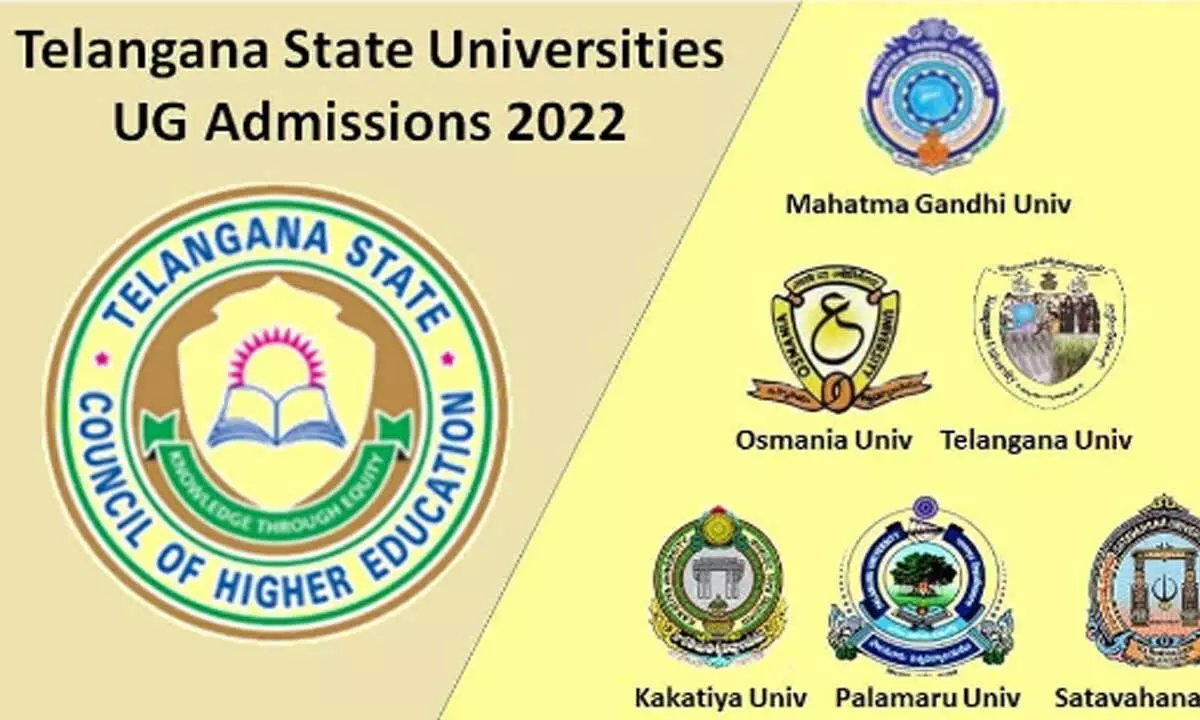Foreign-trained faculty to remain a pipe dream for Telangana varsities

Foreign-trained faculty to remain a pipe dream for Telangana varsities
- State universities are not financially in a position to hire foreign faculty
- UGC financial support to thrust areas going down for the last several years
- One major issue is the problem that foreign-trained faculty get paid higher salaries vis-a-vis their Indian counterparts
Hyderabad: The University Grants Commission (UGC) allows universities to recruit foreign faculty. It will remain only papers and be a non-starter for years to come. Even the 50 to 100-year-old universities in the Telugu States cannot afford to hire foreign faculty to bring an international dimension to their university education as visioned by the UGC by hiring the foreign faculty.
The State Universities might have Centres of Excellence in various streams. Some students who studied in the State universities such as Osmania, Kakatiya, Andhra, Sri Venkateswara and the likes have gone abroad and pursued further studies at the world’s top universities. Some of these alumni like to serve at the universities where they have studied back home.
“If not as permanent faculty, some of them are inclined to come to take assignment for a couple of years,” said a professor from the School of Life Sciences, from Andhra University, Visakhapatnam. But, the main hurdle was funding. “We don’t talk about these things openly as it would amount directly criticising the state governemnt which is the funding agency for us,” said another professor from Osmania University.
Earlier, the UGC funded courses in emerging subjects or thurst areas for a minimum of five years.
In turn, it helped the universities to establish labs and hire faculty to offer new courses. After the 12 plan period, the UGC stopped funding courses in the emerging areas making the state universities poorer in taking such new initiatives.
“When this is the situation, the question of hiring foreign-trained Indians or foreign faculty does not arise,” he added.
The main problem is that the foreign-trained faculty to be paid higher salaries vis-a-vis their Indian counterparts. Also, the university has to pay their salaries in dollars. It is impossible to proportion what the State universities find.
Also, students studying in State universities at large are not in a position to cope with the teaching and standards expected with the appointment of foreign faculty.
It makes the very proposition of hiring foreign faculty not relevant said a top official from the Telangana State Council of Higher Education (TSCHE).
Against this backdrop, when asked, Osmania University, Vice-Chancellor Prof D Ravinder said, “The university has forged collaborations with Wales universities in four key areas. It will help the faculty from the OU and the Wales universities to conduct collaborative research.” Also, the university is eying to offer double degree programmes in collaboration with Melbourne University. In turn, these efforts will help the university, to bring in the much-needed international dimension beneficial to the faculty and the students, he added.














